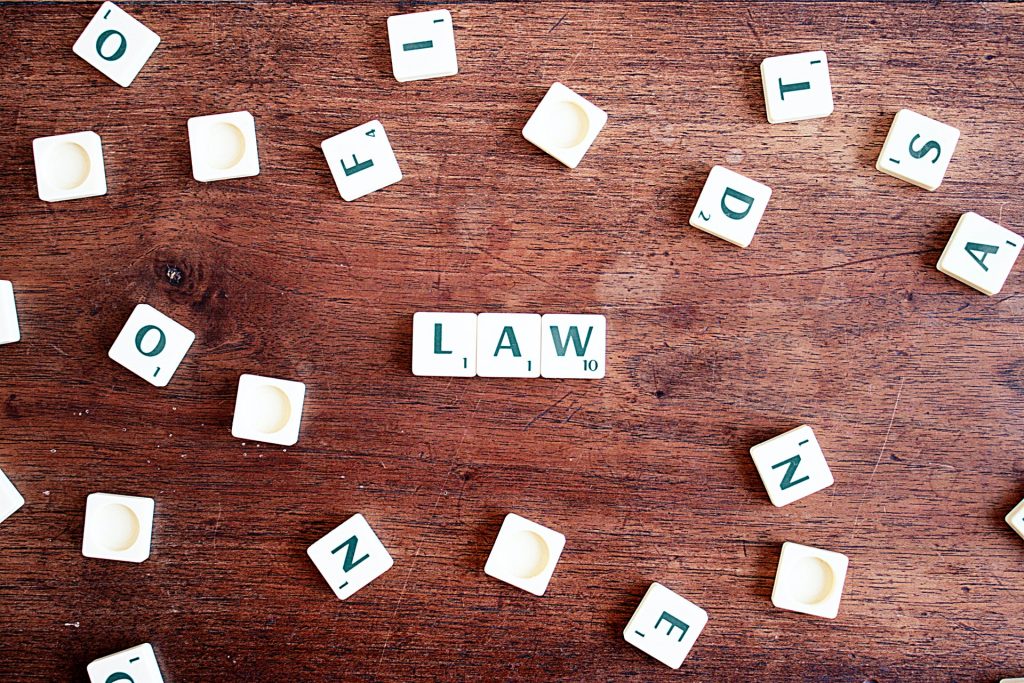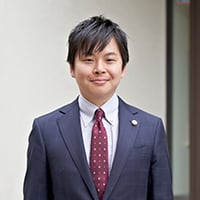What You Need to Know Before Hiring a Lawyer in Japan
Section 1: Are you talking to the Right Lawyer?

In Japan there are many different specialists working in the legal profession. For non-Japanese people and companies who are not used to the intricacies of the Japanese legal system, at first glance this can seem to be extremely confusing and challenging to understand.
So rather than just wading into a consultation without any prior knowledge, it pays to be prepared and to have the facts at your fingertips. Knowing which professional you need to talk to can save you time and money. Also you will be getting the right advice from the start, which will of course lead to the best possible result for you.
The limitations of what these different legal professionals can and cannot do is strictly defined in Japan. There are fines and citations for any that overstep the mark. So it is very important to find the right person for those initial discussions for your case.
Attorney (Japanese: 弁護士Bengoshi)
The Japanese bengoshi – an attorney – is perhaps the closest thing to what most people imagine when they think of a lawyer. The attorney in Japan also has the broadest definition when it comes to the scope of their work. Whenever someone mentions a lawyer in Japan, it is safe to assume they are talking about a bengoshi attorney.
Under the law, only an attorney can – with a few notable exceptions – represent a person in a court of law. A qualified attorney can also work as a tax accountant as well as a patent attorney, so one can say that an attorney qualification allows for the broadest scope of work.
One would typically seek the services of an attorney in the following situations:
・When you want to bring a lawsuit or when you need a representative in a dispute
Divorce, damages, real estate, labor, contract, bankruptcy, intellectual property, you name it. you are going to need an attorney for these disputes. Note that only an attorney can legally represent you in these and any other disputes related to civil proceedings.
・An attorney may be contacted when a corporation trading with another enterprise requires legal advice, or when entering into negotiations with another corporate entity, or when putting together a contract/agreement.
Attorneys are often called upon to give corporations legal advice, as well as helping draft M&A agreements, undertaking legal due diligence. Attorneys are retained by corporations by way of an advisory contract to provide legal advice.
・When an attorney is required for a criminal case
In a criminal case, the only person that can act on your behalf as defense counsel is an attorney.
We, Yamamura Law Office are
Judicial Scrivener (Japanese: 司法書士 Shihōshoshi)
The Judicial Scrivener is the legal professional called upon when an application needs to be filed for something to be officially registered. A typical example in Japan would be for real estate (land and/or a building) – details such as ownership and the mortgage holder, etc. has by law to be registered with the Legal Affairs Bureau. Also when an enterprise or corporation is established, or when the details of a company’s registration are altered, such as a change of CEO, those matters have to be officially registered and updated accordingly. The Judicial Scrivener is the legally appointed representative for registering all of these items. Furthermore, some Judicial Scriveners have been approved for limited representative duties in Japanese Summary Courts.
You would want to talk with a Judicial Scrivener in the following circumstances:
・Updating the registered details for a landholding and/or building
・Establishing a company, or updating the registered details for a company
Administrative Scrivener (Japanese: 行政書士 Gyōseishoshi)
The Administrative Scrivener can create and file documents that you may need to submit to public offices. The main difference between the Administrative Scrivener and the Judicial Scrivener is where official documents are being submitted – for the Judicial Scrivener that would be the Legal Affairs Bureau, for the Administrative Scrivener it is public offices. Non-Japanese people often deal with an Administrative Scrivener due to visa applications to be submitted to the Immigration Office. The Administrative Scrivener deals solely with documents submitted to public offices, and cannot intercede in disputes between individuals.
・Applications for permission to open/operate eating and drinking establishments
・Visa applications
Patent Attorney (Japanese: 弁理士 Benrishi)
As the name suggests, the Patent Attorney is a specialist in intellectual property rights. Within the realm of intellectual property, items such as patents and trademarks need to be registered with the state. The legal professional qualified to petition on behalf of the party wishing to file said patent/trademark registration is the Patent Attorney, and these tasks make up the main portion of their work. Patent Attorneys need to understand intellectual property law, as well as have enough specific technical knowledge to understand the content of the patent filing.
・Filing applications for patents and trademarks
・Lodging appeals with the Patent Office
Choose your Legal Samurai
As you can see, the titles for these legal professionals all end in the suffix “士” (shi) which used to designate someone from the samurai class of feudal Japanese society. Other professions that use this suffix are zeirishi (税理士, tax accountant, helps you file your annual tax returns) and shakai-hoken-rōmushi (社会保険労務士,a Labor and Social Security Attorney – essentially a certified social insurance/labor consultant). All of these professions require a high level of specialization, and one cannot practice without a state-mandated qualification. These are the modern-day legal samurai that will represent you, so make sure you pick the right one for the job.
→(Read Next) “Before your first legal consultation”

